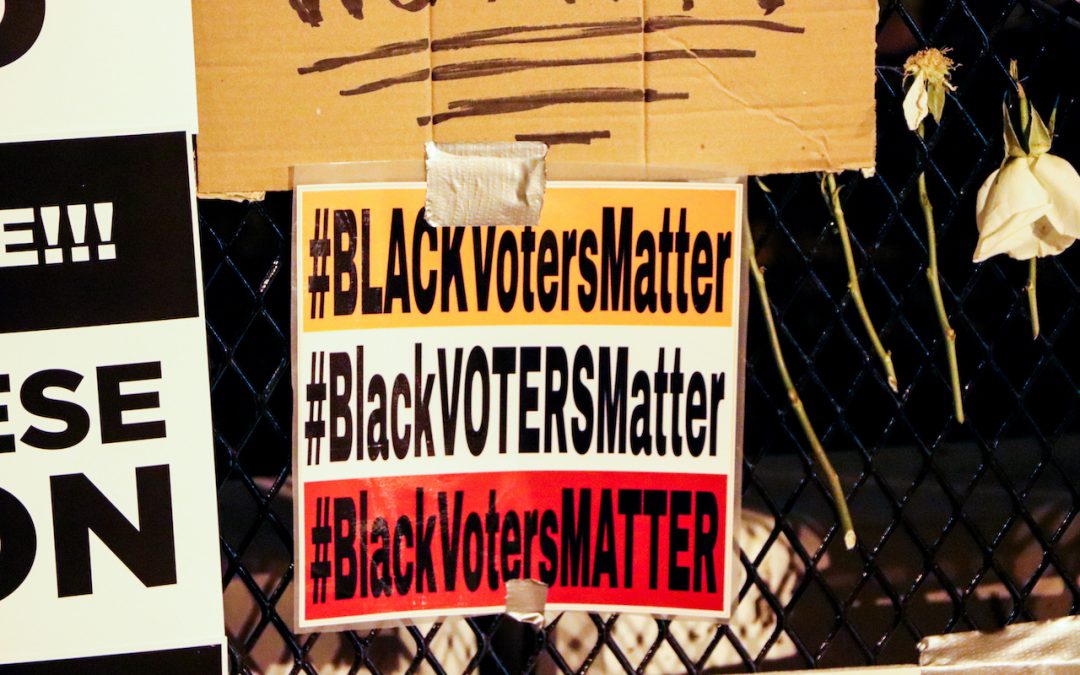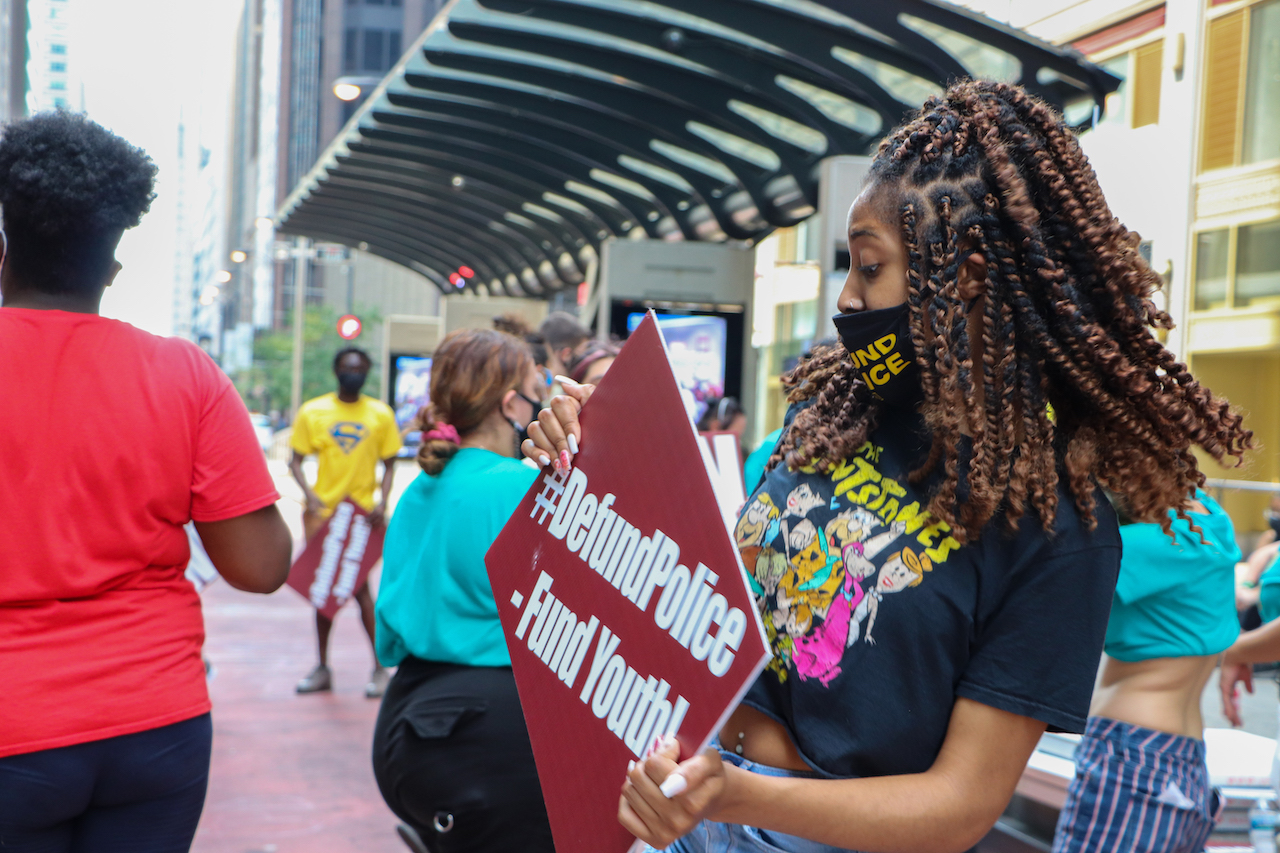WASHINGTON – In the 2016 presidential election, Black Lives Matter did not endorse a presidential candidate or work to get people to vote. This year is different.
George Floyd’s murder on May 25 reignited and amplified demands for accountability in law enforcement violence against Black people. The most recent Harvard Youth Poll found that 71% of all young Americans between 18 and 29-years-old support increased government action to improve race relations.
Black Lives Matter has become synonymous with the racial justice movement sparked by Floyd’s death. It was founded in 2013 in response to the acquittal of the police officer who shot and killed 17-year-old Trayvon Martin in Florida and now has local chapters across the country.
In 2016, the organization refrained from endorsing political candidates. Activists had repeatedly emphasized that Black Lives Matter is not a “Get Out the Vote Campaign.”
But, this year Black Lives Matter’s official website includes a voter registration page. It also has also created a campaign called #WhatMatters2020 to mobilize BLM supporters and allies to cast ballots to “ensure candidates are held accountable for the issues that systemically and disproportionately impact Black and under-served communities across the nation.”
But the racial justice get-out-the-vote efforts extend beyond the Black Lives Matter organization. There are thousands of grassroots groups and activists with different demands.
Some activists have created voting guides that endorse candidates who most align with policies that prioritize and protect Black lives. Chicago activists Trina Trill and Maira Khwaja created a “ballot cheatsheet” for voters in Chicago’s Cook County. In a video on Instagram, Trill explained that while voting is important, civic engagement should not stop there.
“I’m voting because I believe in the vote plus strategy,” she said. “That means voting for harm reduction and then agitating because neither of these candidates are perfect.”
Neither President Donald Trump nor former Vice President Joe Biden have platforms that specifically address the demands activists have been advocating for. Defunding the police, a key point of the movement, is not supported by either presidential candidate.
“Voting is not enough to bring about structural change,” said Richard Omoniyi-Shoyoola, 22. “It has to be paired with protest and a willingness to demand more for the community once the election is over.
Omoniyi-Shoyoola, a recent graduate of the University of Chicago who has worked with detainees at Cook County Jail and conducted policy research for candidates working to end mass incarceration, said that local elections play more of a role in police budgeting, but police reform is still an issue in the presidential race.
Improving the nation’s ability to reform policing means electing a president favorable to consent decrees, according to Omoniyi-Shoyoola. Trump’s former attorney general, Jeff Sessions, revised the Obama administration consent decree policy that worked to address police misconduct, making the policy largely ineffective. His revision limited the Department of Justice’s ability to enter into consent decrees with state and city governments.
“There’s a lot of talk nowadays about voters feeling left out or left behind.” He said. “I think part of the solution to that is for people to not wait for a politician or an election to invite them to participate. People should remember that there’s always time to participate and speak up, on election day and every day in between.”



